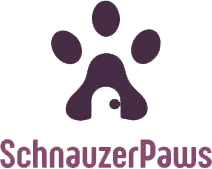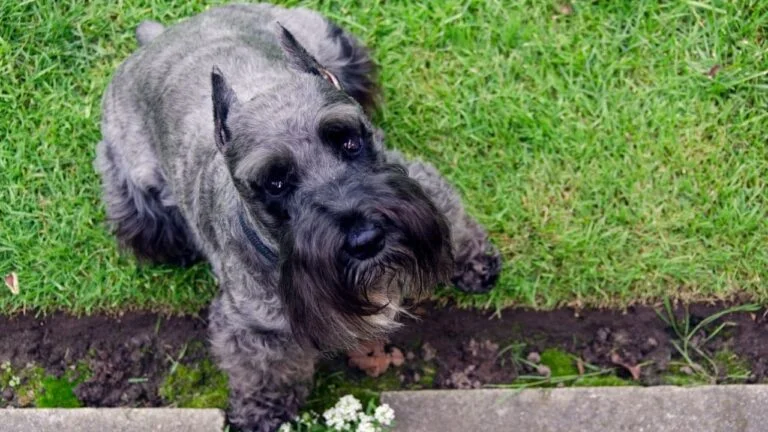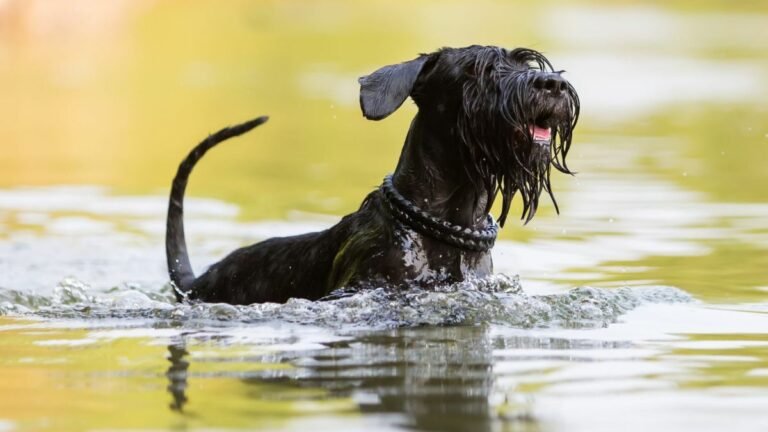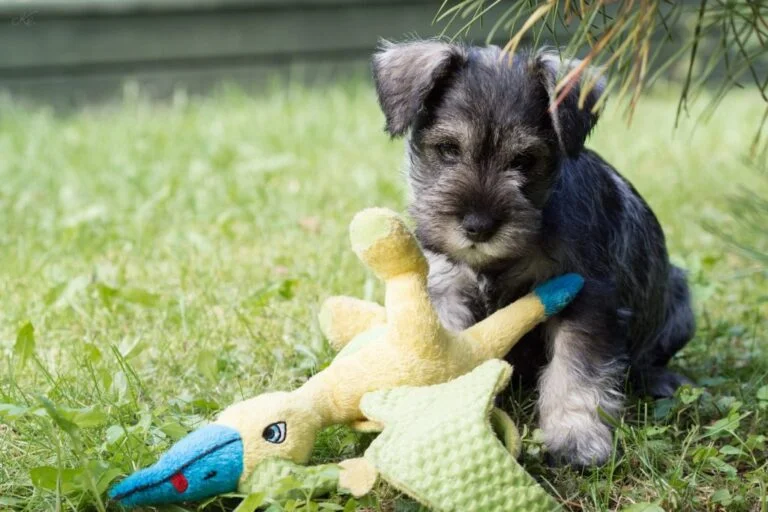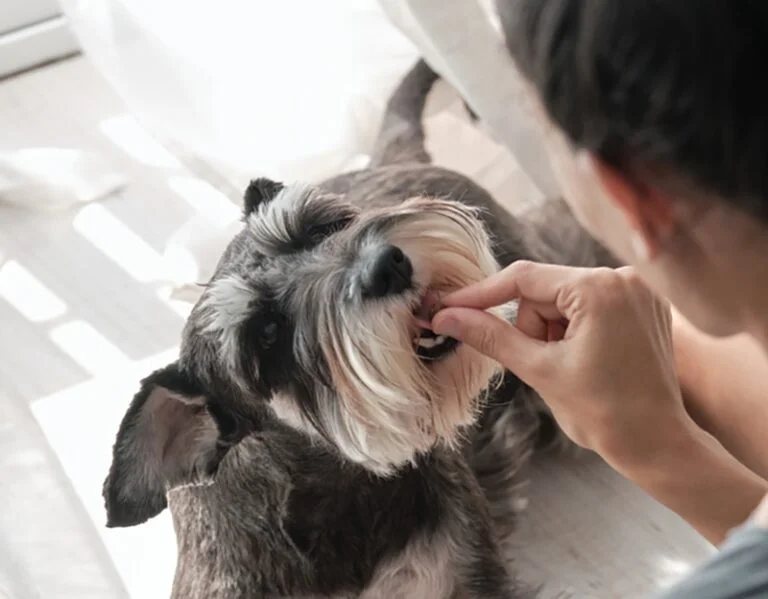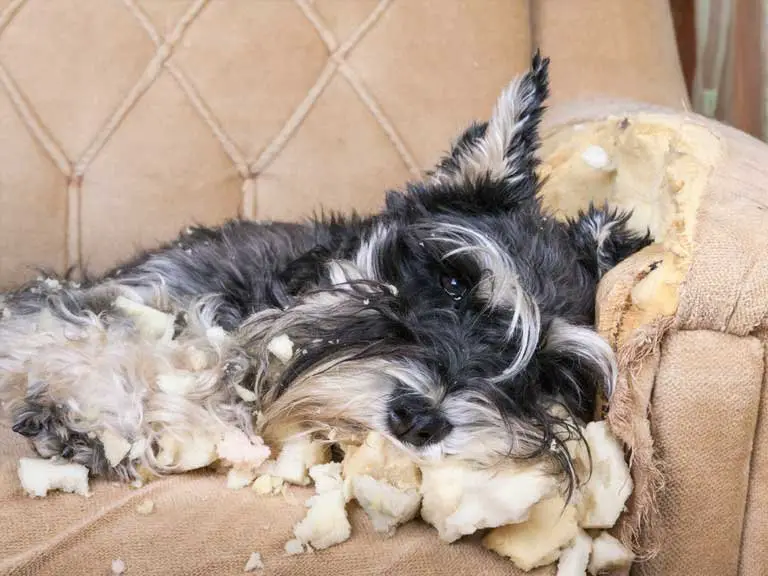What Age Do Mini Schnauzers Calm Down
“What age do Mini Schnauzers calm down?” The owners of this lively and active breed frequently ask themselves this question. Although miniature schnauzers are renowned for having vibrant personalities and endless energy, as they get older, all dogs go through developmental changes. This article will discuss the normal age at which Mini Schnauzers settle down and several elements that may affect their energy and temperament. You can better predict and control your Mini Schnauzer’s behavior as they grow from puppies to adults by being aware of these factors.
Developmental Phases of Mini Schnauzers
Like other dog breeds, mini schnauzers go through developmental phases that might affect their behavior and activity levels:
- Puppyhood: Mini Schnauzers are energetic and inquisitive throughout this period, which usually lasts until they are about a year old. As they investigate their surroundings and gain knowledge of the outside world, they could behave in a lively and occasionally naughty manner.
- Adolescence: Mini Schnauzers may have an increase in energy and independence as they approach adolescence, which normally happens between the ages of six months and two years. Increased assertiveness, pushing limits, and sporadic rebellious conduct are characteristics of this period.
- Adulthood: By the time they are two or three years old, Mini Schnauzers usually attain physical and mental maturity. When they get older, their activity levels can start to level out, and they might behave more subduedly than when they were younger. However, the age at which Mini Schnauzers settle down might vary depending on a person’s temperament and attitude.
Factors Affecting Mini Schnauzers’ Emotional Balance
The age at which Mini Schnauzers settle down might vary depending on a number of factors:
- Genetics: A Mini Schnauzer’s disposition and energy level are mostly determined by hereditary factors. While some people may always be more easygoing and carefree, others might never grow out of their youthful exuberance.
- Training and Socialization: Your Mini Schnauzer’s behavior as an adult may be greatly influenced by the type of training and socialization they receive as puppies and during their adolescence. A calmer attitude can be attributed to the instillation of good manners and confidence through appropriate training and exposure to a variety of stimuli.
- Exercise and Mental Stimulation: Mini Schnauzers require both mental and physical stimulation to remain in good physical health. Frequent opportunities for recreation, physical activity, and engaging mental tasks can aid in promoting relaxation and burning off extra energy.
Handling Mini Schnauzers’ Energy Levels
Mini Schnauzers need to have their energy levels controlled at all times, regardless of age, in order to avoid behavioral problems and encourage general wellbeing:
- Frequent activity: Make sure your Mini Schnauzer gets lots of activity every day by taking him on walks, playing with him, and letting him run about and explore. Adjust the length and intensity of exercise to your dog’s age, health, and level of fitness.
- Mental Stimulation: Challenge your Mini Schnauzer’s problem-solving abilities and provide them mental enrichment with interactive toys, puzzles, and training sessions.
- Regular Schedule: Your Mini Schnauzer should follow a regular daily schedule that includes mealtimes, bathroom breaks, exercise sessions, and quiet times for rest and relaxation.
In conclusion
In summary, a variety of personal characteristics, including heredity, training, and lifestyle, might affect when Mini Schnauzers settle down. As they become older, most Mini Schnauzers start becoming more subdued, but to maintain their physical and emotional health, you must continue to train, socialize, and engage them in enrichment activities. You may assist your Mini Schnauzer in becoming a well-mannered and happy companion by being aware of their developmental phases and demands.
